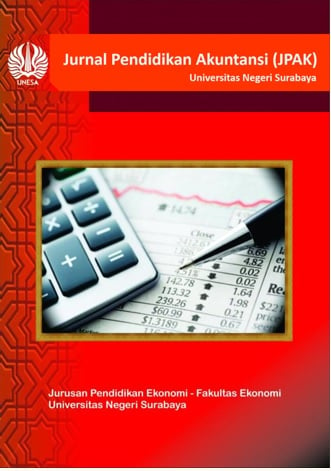Penghindaran Pajak, Menguntungkan atau Merugikan?
DOI:
https://doi.org/10.26740/jpak.v11n1.p45-52Keywords:
Tax avoidance; risk; companyAbstract
Taxes are an important aspect of state revenue. The taxation sector contributes the most compared to sources of state revenue. One of the tax objects in Indonesia is corporate or corporate taxpayers. So far, the company has contributed to tax revenue for the State. However, there are still no companies that voluntarily pay the tax burden, because it effects company's profit rate. This encourages companies to decrease their tax fees by implementing tax avoidance. Tax avoidance itself can provide its own advantages and disadvantages for the company. The method used in this research is Systematic Literature Review (SLR), where the authors make observations of articles published within the last 10 years (2014-2022). This study reveals that tax avoidance can provide both positive and negative benefits for companies.
Downloads
Downloads
Published
How to Cite
Issue
Section
License
Authors who publish with this journal agree to the following terms:
- Authors retain copyright and grant the journal right of first publication with the work simultaneously licensed under a Creative Commons Attribution License that allows others to share the work with an acknowledgement of the work's authorship and initial publication in this journal.
- Authors are able to enter into separate, additional contractual arrangements for the non-exclusive distribution of the journal's published version of the work (e.g., post it to an institutional repository or publish it in a book), with an acknowledgement of its initial publication in this journal.
- Authors are permitted and encouraged to post their work online (e.g., in institutional repositories or on their website) prior to and during the submission process, as it can lead to productive exchanges, as well as earlier and greater citation of published work (See The Effect of Open Access).

Jurnal Pendidikan Akuntansi (JPAK) is licensed under a Creative Commons Attribution-NonCommercial 4.0 International License.
 Abstract views: 839
,
Abstract views: 839
, PDF Downloads: 1854
PDF Downloads: 1854



